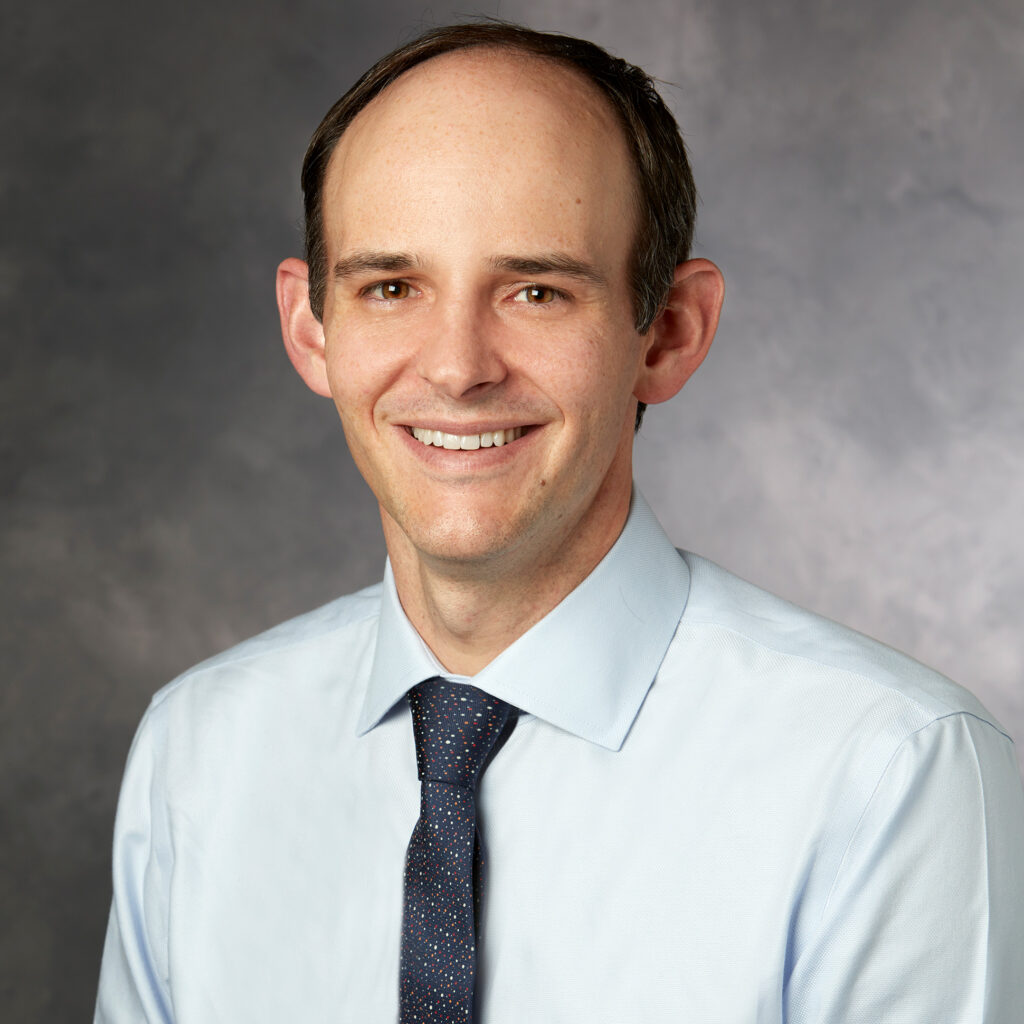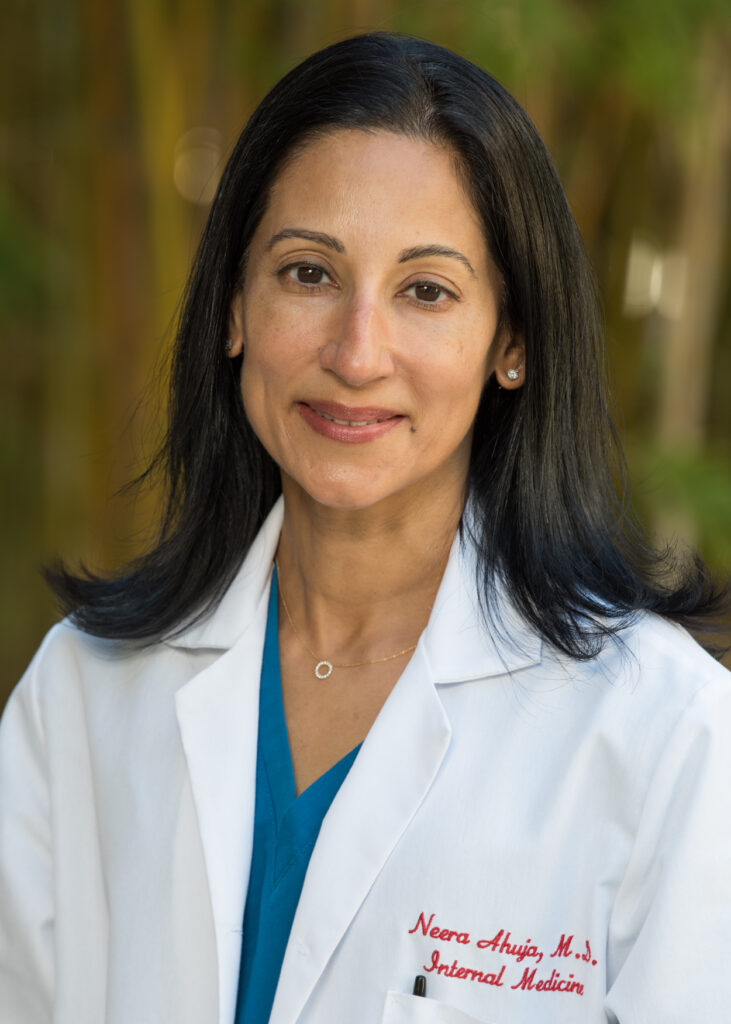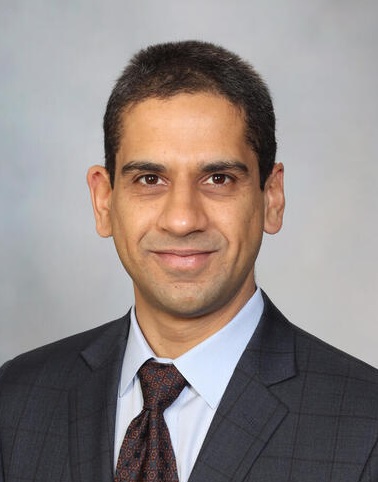 When you’re in the middle of yet another impossibly busy week, making time for research in hospital medicine might seem next to impossible.
When you’re in the middle of yet another impossibly busy week, making time for research in hospital medicine might seem next to impossible.
But it is possible—and enormously important for the health of the field, a panel of experts said in a session at SHM Converge 2023.

Dr. Collins
“We think that we can do research as hospitalists, and it’s not a myth and it is within reach for us,” said Will Collins, MD, clinical assistant professor of medicine at Stanford University in Stanford, Calif.
Sure enough, there are challenges. Hospitalists are often seen as “clinicians first,” he said, the people who get the work done in the hospital, and so they often aren’t allowed to have research as a priority, he said.
Also, funding can be difficult, and hospital medicine is caught in a “vicious cycle” of lack of mentorship, he said. Hospitalists don’t have researcher mentors, and because they aren’t doing much research themselves, they don’t expose trainees to research, so the next generation of mentors goes without research exposure and experience as well.
As one of the top five physician specialties, hospital medicine is getting bigger, and this is a strength, he said.
“With size comes influence,” Dr. Collins said. “If we are big then we can start to state our priorities more clearly.”
Neera Ahuja, MD, chief of hospital medicine at Stanford University, in Stanford, Calif., said that hospitalist leaders who are setting out to begin a research program should start with a “reconnaissance” mission of sorts—gauging interest in research from physicians and assessing the internal resources available.

Dr. Ahuja
She said her program, at first, shared clinical research coordinators (CRC) with another group.
“That was a nice way for us to get started,” she said. “Now, we have our dedicated hospital medicine CRC, but we started slow.”
Adequate funding is paramount and can come from various sources, she said: research grants, funds recouped in collaboration with the hospital for successful financial return on investment on quality improvement projects, having a taxed portion of clinical revenue dedicated to research, philanthropic sources, institutional contributions—or, ideally, a combination of each of these. Institutional support shows a commitment to research at a higher level and should always be sought, she said.
Having the physical space that can meet the HIPAA requirements for storage is a consideration as well, she said.
Training on the fundamentals of research is key, and can sometimes be outsourced.
Allotting hospitalists a reasonable amount of time is crucial, she said.
“You can’t, between patients, do any meaningful writing,” she said. “You need that block of dedicated time to get into the mind frame.” Having at least 20% of your time protected for research is a good start, she said.

Dr. Dugani
Sagar Dugani, MD, PhD, MPH, FHM, assistant professor of medicine at Mayo Clinic in Rochester, Minn., said that among external sources of funding, the Agency for Healthcare Research and Quality (AHRQ) stands out for many types of hospital medicine research projects—on hospital care, delivery, implementation, and processes in the hospital.
“AHRQ is a good place to start for several studies that are disease-agnostic,” he said. The National Institutes of Health, Centers for Disease Control and Prevention, American Heart Association, American Diabetes Association, and the Patient-Centered Outcomes Research Institute are other possibilities, he said.
The HEXAGON network—Hospital Experiences to Advance Goals and Outcomes Network—is a group at Mayo that recently started to support hospital medicine research across institutions. They share resources including a research registry, build research skills, and offer a lecture series, he said. The group also has an ongoing wellness tracker for hospitalists.
“What’s continuing now is to generate evidence, build skills, and share knowledge,” he said. “HEXAGON has now become a platform for research where we have brought hospitalists together from 16 hospitals across four states,” he said.
The group is open to conducting large national and international studies, he said.
Minjoung Go, MD, MPH, clinical associate professor at Stanford University in Stanford, Calif., ran down the wide array of intricacies that have to be managed while running studies, from determining the workflow to training and support at the trial sites, lab processing, data storage, IT support, monitoring, and oversight.
Her tips for success included understanding the research infrastructure within both the institution and potential collaboration sites. She also stressed the importance of planning. In her own program, researchers built an operation and collaboration model over time.
“It was complex and required a lot of planning, but it was totally doable,” Dr. Go said.
She recommended using the expertise at your institution to create the oversight process.
“There are a lot of people who are experts on this—ask for help on how to navigate this complex system,” she said.
Of course, research can also help advance your career, Dr. Collins said.
He advised the audience to “learn from everyone,” and to make sure the mentor they work with is t ruly accessible and able to meet often enough. He also suggested learning and practicing academic writing through editorial fellowships, online courses, in-person workshops, and participating in the Hospital Medicine National Writing Workshop.
Physicians should submit and present their work at conferences, he said.
One of the first hurdles physicians might need to overcome, though, is getting over the “impostor syndrome” physicians can experience, thinking they might not be able to become an expert in the research area they want to pursue.
“You can become the expert,” Dr. Collins said, referring to his own research into food allergy. “I had no expertise going into it, and coming out of it I felt like I could talk with a level of expertise.”
Tom Collins is a medical writer in South Florida, who has written about everything from lethal infections to thorny ethical dilemmas, runaway tumors to tornado-chasing doctors. He gathers health news from around the globe and lives in West Palm Beach.